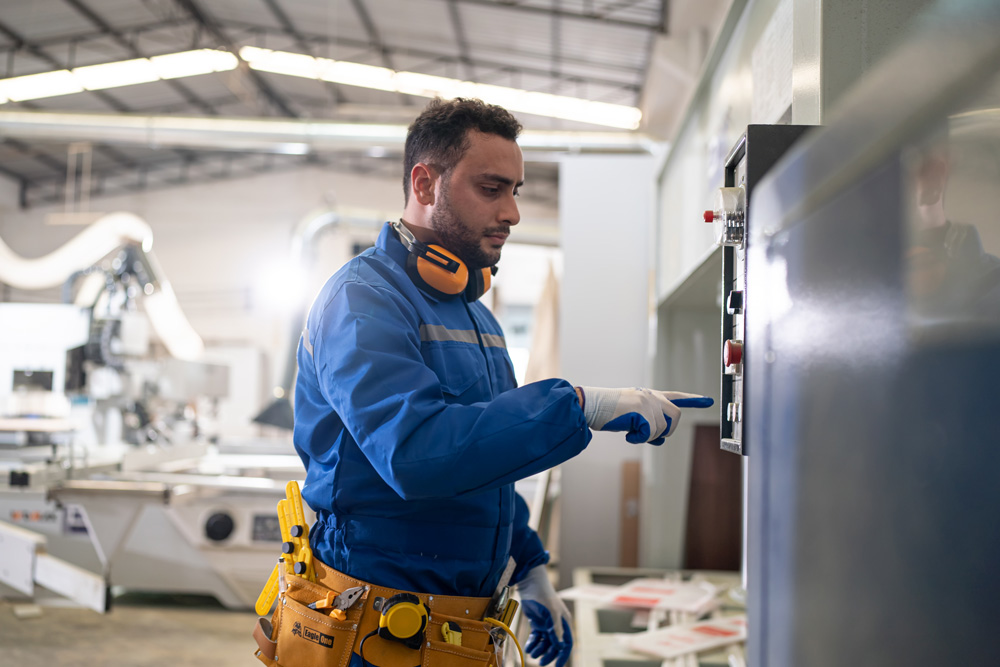Small Business Insurance Costs: Understanding The Options and Pricing
Setting up and running a small business can be an incredibly exciting and rewarding experience. However, owning a business also comes with inherent risks and potential financial losses. This is why it’s vital to have insurance that can protect you and your business from the unexpected.
In Australia, small business owners can choose from a wide range of insurance policies designed to meet their unique needs. But with so many options available, understanding the types of coverage and their costs can take time and effort. In this blog post, we’ll closely examine Small Business Insurance Costs in Australia. We will break down the policies available, their pricing, and the factors influencing their costs.
Understanding Small Business Insurance
Definition of small business insurance
Small business insurance is designed to shield small business owners from unforeseen circumstances that may arise during business operations. Small business insurance policies typically cover general liability, professional liability, property damage, and workers’ compensation.
Types of insurance policies suited for small businesses
Small business insurance policies come in various types, and it’s essential to choose the right policies depending on your business type, size, and industry. Here are some of the common types of insurance policies suited for small businesses in Australia:
- General Liability Insurance: This policy covers damages or injury to a third party on your premises.
- Professional Liability Insurance: This policy covers errors, omissions, or negligence that may occur while offering professional services to clients.
- Property Insurance: This policy covers the cost of damages to your business property due to accidents, theft, fire, or natural disasters.
Ways to reduce small business insurance costs
As a small business owner, you may seek ways to reduce your insurance costs. Here are some methods you can use to lower your small business insurance costs:
- Bundle policies: You can save on insurance costs by purchasing multiple policies from the same insurer.
- Shop for the best deals: Compare quotes from different insurance companies to find the most affordable policy.
- Increase deductibles: Raising your deductibles can help lower your insurance premiums and make the policy more affordable.
- Implement safety measures: Safety measures such as installing security cameras, alarms, or fire extinguishers can lower your insurance premiums.
Factors Influencing Insurance Costs in Australia

Business Size
The bigger the business, the higher the insurance costs. Large businesses tend to have more insurance coverage needs than small businesses, requiring higher premiums. Business size is usually measured by the number of employees and annual revenue. Small businesses with fewer employees and less revenue generally have fewer insurance coverage needs, which makes their premiums lower than those of larger businesses. Therefore, as a small business owner, consider the size of your business when insuring it.
Location
The location of your business also significantly influences your insurance premium. Some areas in Australia are prone to natural disasters like floods, bushfires, and storms, which increases the risk of damage to properties in the area. Therefore, if your business is located in an area more likely to experience natural disasters, the insurance premium will be higher than for businesses in safer areas. Insurance companies consider the rate of natural disasters in the area and the cost of repairing businesses in calculating the premium.
Industry Type
Different industries have unique insurance coverage needs since they face different risks. For instance, the insurance coverage required by a construction company differs from that required by a retail store. High-risk industries tend to attract higher insurance premiums than low-risk industries. For example, the medical industry requires high-liability insurance coverage due to the high risk of malpractice lawsuits. Therefore, when insuring your business, you should ensure that the insurance coverage aligns with the unique needs of your industry.
Claims History
Your claims history also influences your insurance premium. If your business has a history of making frequent insurance claims, your premium will be higher than that of a business with no claim history. Frequent claims demonstrate that the business is exposed to a higher risk of accidents, which increases the likelihood of the insurer incurring costs. Therefore, ensuring that the business operates in a way that minimises accidents and claims is crucial.
Policy Coverage
The kind of policy coverage you choose also influences your insurance premium. Insurance companies offer two types of policies: broad-form insurance and special-form insurance. Broad-form insurance offers broad coverage but with limitations, and therefore, it is more affordable than special-form insurance, which provides coverage for all imaginable risks. Insurance companies consider the level of coverage when calculating premiums (the higher the coverage, the higher the premium).
The Average Cost of General Liability Insurance
The cost of general liability insurance varies depending on several factors. One of the major factors is the type of business that is being insured. High-risk businesses like construction companies and manufacturers typically pay more than low-risk businesses like retailers. Another factor that determines the cost of liability insurance is the size of the business. Small businesses with low revenues typically pay less than large enterprises with high revenues.
The industry you operate in also affects the cost of liability insurance. For example, a cleaning business may pay less than a restaurant with a higher risk of slip and fall accidents. The coverage amount and deductible chosen also affect the cost of the policy. A higher coverage amount and deductible will result in higher premiums. Additionally, some insurance companies offer discounts for businesses that have safety measures such as cameras, alarms, and fire extinguishers installed. A safety-focused business can save a significant amount on its insurance costs.
Another factor that influences the cost of general liability insurance is the location of the business. For instance, businesses operating in areas with high crime rates or frequented by natural disasters face higher risks. Consequently, insurance companies assess higher premiums to offset the risk. Furthermore, businesses working in multiple locations may have a higher premium rate as they are more exposed to liability claims.
It’s worth noting that some insurance companies offer bundled policies that combine multiple types of insurance coverage. Bundling your coverage can result in lower premiums than purchasing separate policies. The popular bundled policies with small businesses include general liability, property, and cybersecurity insurance.
Professional Indemnity Insurance: Is It Necessary?
One of the main benefits of professional indemnity insurance is that it protects your business if a client claims against you for any errors or omissions in your work. For example, if you are a consultant and advise a client that turns out to be incorrect, that client may sue you for damages. Professional indemnity insurance can help cover legal representation costs and any damages you may be ordered to pay.
The potential cost of professional indemnity insurance will depend on various factors, including the type of work you do, the size of your business, and the level of coverage you need. Generally, the cost will be higher for businesses at higher risk for errors or omissions. Some industries, such as law and accounting, may have higher premiums than others due to the nature of the work. It’s worth shopping for different quotes to find the best deal for your business.
While professional indemnity insurance is not necessarily essential for all businesses, it can be a worthwhile investment if you provide services that could lead to potential claims against your business. If you have clients who rely on your services and advice, professional indemnity insurance can provide peace of mind and protection against legal and financial consequences if something goes wrong.
In addition to protecting your business from potential litigation, professional indemnity insurance can also enhance your reputation with clients and potential clients. This type of insurance coverage can demonstrate a commitment to professionalism and quality work, which can be viewed positively by those considering working with you.
Property Insurance: Protecting Your Assets
Property insurance for small businesses in Australia involves various types of cover, including but not limited to fire damage, theft, accidental damage, and natural disasters. The cost of acquiring property insurance coverage for a small business depends on several elements. For instance, the size of the property, industry type, location, and occupation all play a vital role in calculating the insurance cost. These factors determine the risk associated with the property, which is the basis of pricing the policy.
On the other hand, having a property insurance policy for your small business can save you from potential financial losses due to unexpected events. Property insurance covers building and contents damage and replacement costs during a fire, natural disasters, vandalism, and theft. Businesses whose property does not have insurance risk losing their investment at such an event, which can lead to shutting down their business.
When it comes to property insurance costs in Australia, it can vary from one insurer to another. However, here are a few examples of typical insurance costs that can help you budget accordingly. For example, a small café with 50 seats and an area of 120 square meters, including the kitchen, is estimated to pay around $3,000 annually. On the other hand, a small consulting firm of six employees with an area of 80 square meters and contents covering up to $50,000 can expect to pay around $1,200 annually.
There are case studies of small business owners who have experienced loss due to natural disasters such as flash floods, bushfires, and thunderstorms. Proper insurance coverage makes recovering from such events easier for small businesses. Consider a small business owner who lost about $1.5 million worth of stock in a seldom-seen hailstorm in 2019. Luckily, the business had adequate coverage, and within a few weeks, the damage was fully fixed with the help of their insurance coverage.
Tips and Tricks on Minimising Your Insurance Costs

Assess Your Insurance Needs: Start by assessing your insurance needs. This involves reviewing the kind of risks that your business is exposed to and the type of protection you need. For example, if you own a construction company, you may require public liability, workers’ compensation, and business vehicle insurance. By reviewing your needs, you can eliminate insurance policies you do not require, significantly reducing your insurance costs.
Shop Around for Policies: Another way to minimise small business insurance costs in Australia is by shopping around for policies. Refrain from settling for the first insurer you come across. Take the time to research and compare different insurers to find one that offers the right coverage at the best price. In addition, look for insurers who offer discounts for bundling insurance policies or for being a long-term customer.
Take Advantage of Discounts: Speaking of discounts, take advantage of them. Many insurers offer discounts to small businesses that meet certain criteria. For example, installing security systems, fire alarms, and sprinklers can lower your insurance premiums. Additionally, some insurers offer discounts to small businesses with good credit scores or have not filed any claims in the past few years.
Work with a Broker: Finally, consider working with an insurance broker. A broker can help you find the right insurance policy for your business needs and budget. They can also help you negotiate better rates with insurers. A broker will work on your behalf to ensure you get the best possible coverage at the most affordable prices.
Conclusion
Having appropriate, high-quality insurance can give business owners the peace of mind to focus on their work and thrive. The insurance cost can vary depending on many factors, so it’s a good idea to research and choose the type of insurance policy that best meets your needs. Suppose you’re considering purchasing insurance policies to protect your small business in Australia. In that case, speaking to an expert is crucial to ensure that you have the appropriate coverage for your specific situation.
Frequently Asked Questions
What happens when you withdraw an insurance claim?
When you withdraw an insurance claim, the insurance company is no longer processing the claim, and you are removing any rights to pursue action or payment. Depending on your policy, there may be associated fees when withdrawing a claim. Be sure to check with your insurer before making any decisions. Additionally, if you have purchased legal protection as part of your policy, you should contact them to discuss any further action.
What is the difference between CTP and comprehensive insurance for your business vehicle?
Compulsory Third Party (CTP) insurance is a type of insurance that covers any injuries or death that may be caused to another person by your vehicle in an accident. Comprehensive car insurance is a more extensive form of coverage that includes CTP and damage to the insured vehicle and its contents. This policy also typically covers theft, fire, and other damages. You should discuss the options with your insurance provider to determine which policy best suits your business needs.
How much is liability insurance?
The liability insurance cost depends on several factors, such as the type of business, the coverage limits you choose, and any other special risks that may apply. Generally, businesses can expect to pay anywhere from a few hundred dollars to thousands per year for their liability insurance policy. It is important to ensure you are adequately covered to avoid potential financial losses if an incident occurs.
What is works insurance?
Works insurance is a policy that protects businesses against financial losses due to property damage or personal injury. It typically covers the cost of any repairs, replacement of equipment, medical expenses and legal costs associated with an injury or accident at the workplace. Depending on the scope of coverage, works insurance may also cover lost revenue and other damages resulting from an incident. Businesses should discuss their particular needs with an insurance provider to determine the best type of policy for their situation.
What insurance do I need as a support worker?
As a support worker, you should have professional indemnity insurance to protect you from financial losses caused by negligence or errors. This policy will cover the cost of defending yourself in court and any resulting damages or compensation payments that may be awarded. Public liability insurance is also important for support workers as it will protect against injuries and damages caused to a third party due to your activities. You may also consider employers’ liability insurance, which covers you in the event of an employee injury or illness caused by their employment.







